At first glance, Robert Olen Butler’s Perfume River seems like an application for a National Book Award. Its protagonist, Robert, a 70-year-old history professor, lives in comfortable ennui with his semiotician wife, Darla: tenure, sabbaticals, staring through separate study windows in their sprawling Florida home. It’s a life of carefully brewed coffee and
uninterrupted research. All is well, save for the growing distance in the marriage, man and wife siloed into their respective Kindle-glows at night. But a chance meeting with Bob — a homeless man Robert assumes to be a veteran — reveals the reason for the disconnect: Robert’s unacknowledged guilt about his war in Vietnam.
This is compounded when the health of his father — a second world war veteran — fails, prompting Robert to reconsider their relationship and contact his estranged brother, Jimmy, who represents the flipside of the war in Vietnam: draft-dodging, hippiedom and escape to a craftsman’s life and open marriage in Canada. Structured around a reunion at the father’s funeral, the novel interrogates its characters’ unresolved feelings about war, and the way it has changed their lives.
Perfume River is a highly accomplished novel. Butler’s prose is polished and supple, his elegant voice capable of shifting from academia to the ‘whoosh… and blare’ of combat, then to the lush immediacy of Vietnam: ‘The air was full of the perfume of fruit blossoms floating downriver, heading for the South China Sea.’ Characters are drawn with enviable economy, tangible within half a line. Close-follow third-person narration expertly assumes characters’ subjectivity, Bob’s manic internality contrasting with the river-stone smoothness of Robert’s or Darla’s. And in this elegiac story, Butler shifts between memory and the present with fluidity reminiscent of James Salter
But while adept, Perfume River sacrifices force and relevance with its generational obtuseness. Set principally in the present, it feels stuck in the 1990s. Languorous depictions of boomer academic life — tenured, boho affluence — will raise snorts from junior dons now forced to Hunger Games each other for the chicken-scratch of adjunct work. And while remaining traumas from last century’s wars are vital subjects, explored skilfully by a writer deserving respect for his own service, Perfume River largely ignores today’s veterans, acknowledging them only with the prop character of Robert’s grandson enlisting. In an ‘Obama-care’ era story that reaches for intergenerational significance, the experiences of the second world war and Vietnam are adroitly linked, but the Iraq and Afghanistan wars of millennials and gen X hardly exist.
Perfume River is poorer for it. Had the homeless Bob (not a veteran, it transpires) been damaged by fresh conflicts, yet living the same horrors as Robert and his father, the novel might have spoken to the timeless cruelties of war. Had Bob been Roberta, that trauma might have been examined with modern nuance in a time when combat is no longer a crucible of male experience, unsharable with wives, but a rite for both sexes. This generational myopia robs the novel of universality, of greatness. For that reason, while Perfume River is beautiful and skilled, it already feels like a relic.
Got something to add? Join the discussion and comment below.
Get 10 issues for just $10
Subscribe to The Spectator Australia today for the next 10 magazine issues, plus full online access, for just $10.
You might disagree with half of it, but you’ll enjoy reading all of it. Try your first month for free, then just $2 a week for the remainder of your first year.

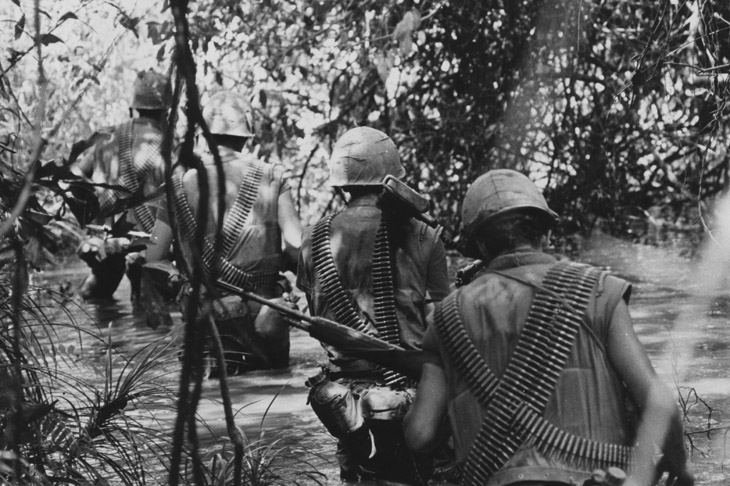
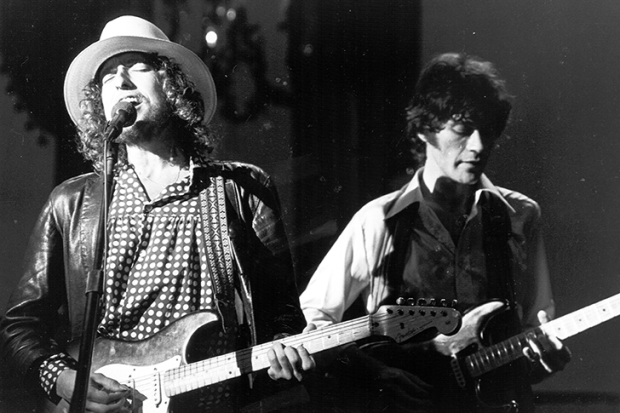


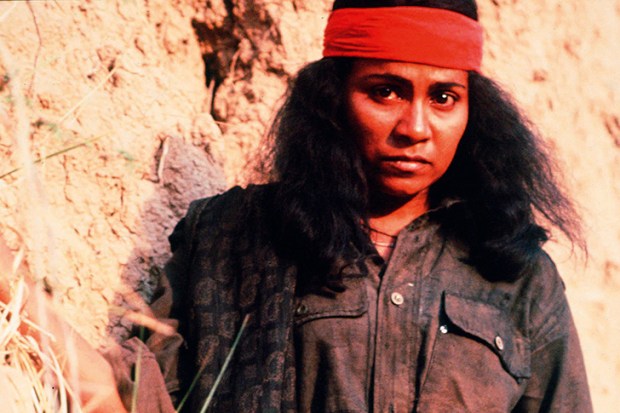
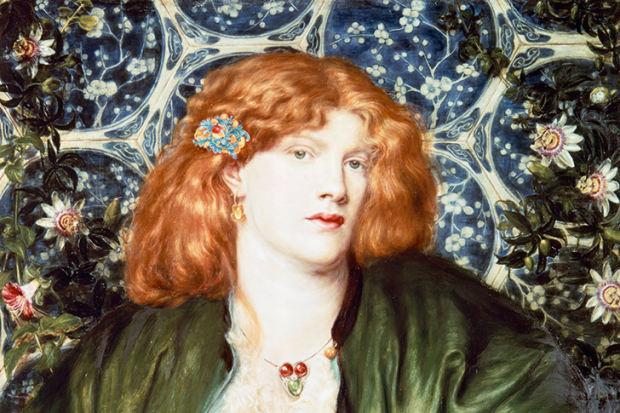
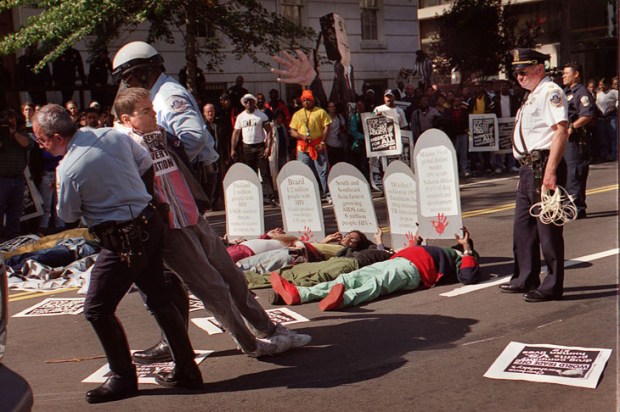






Comments
Don't miss out
Join the conversation with other Spectator Australia readers. Subscribe to leave a comment.
SUBSCRIBEAlready a subscriber? Log in